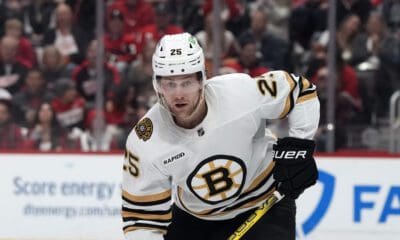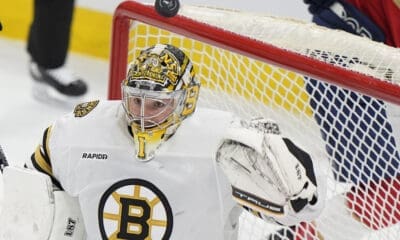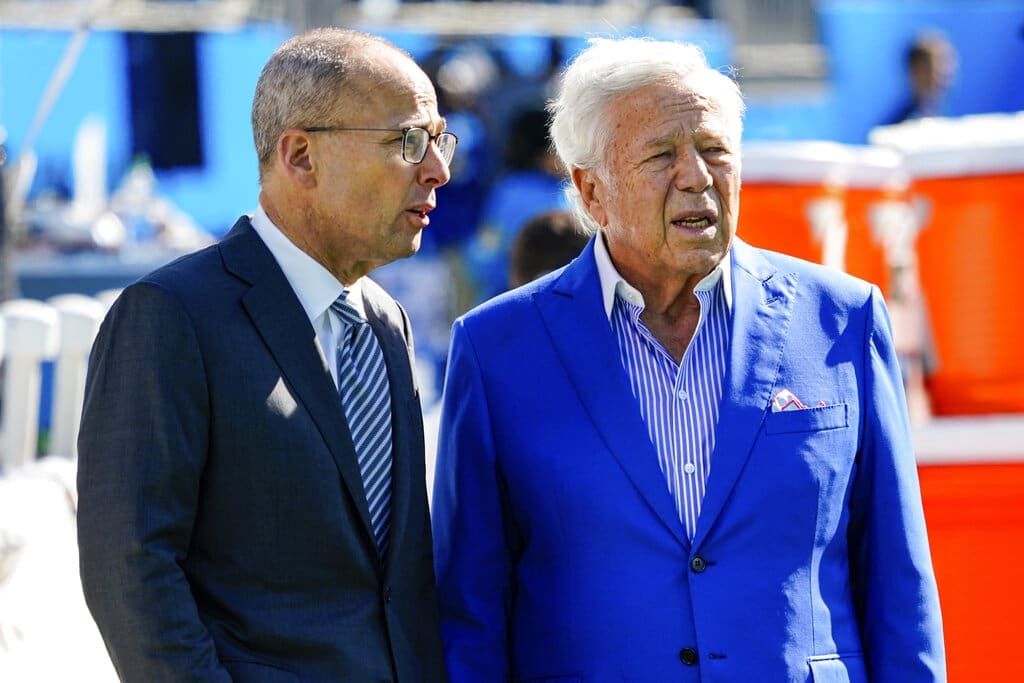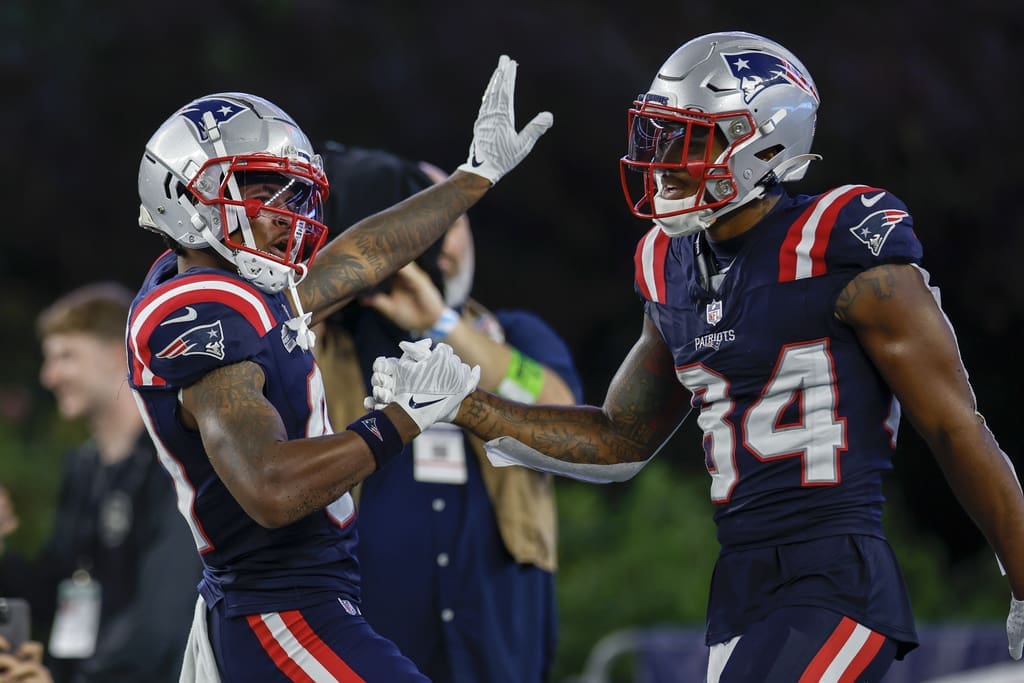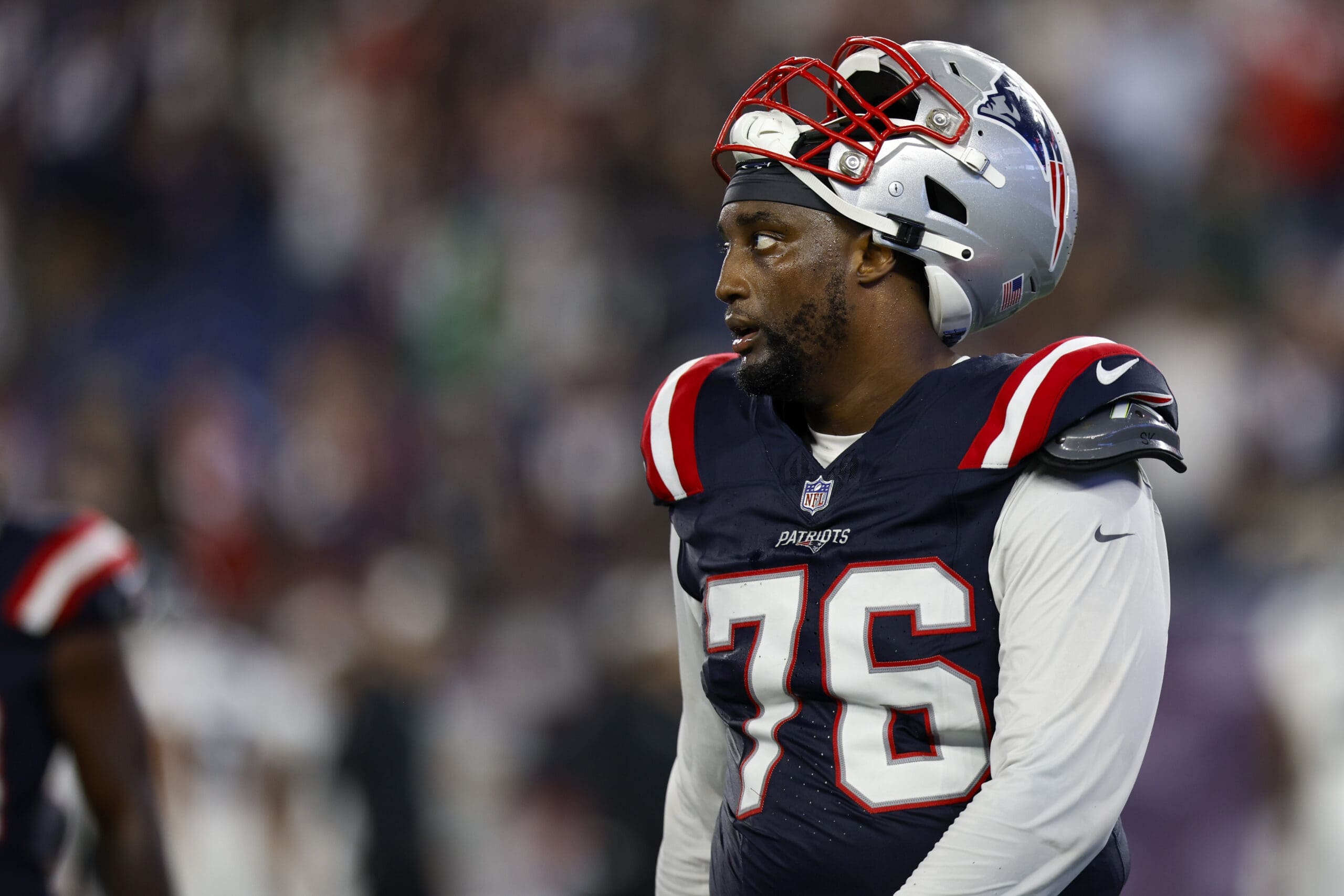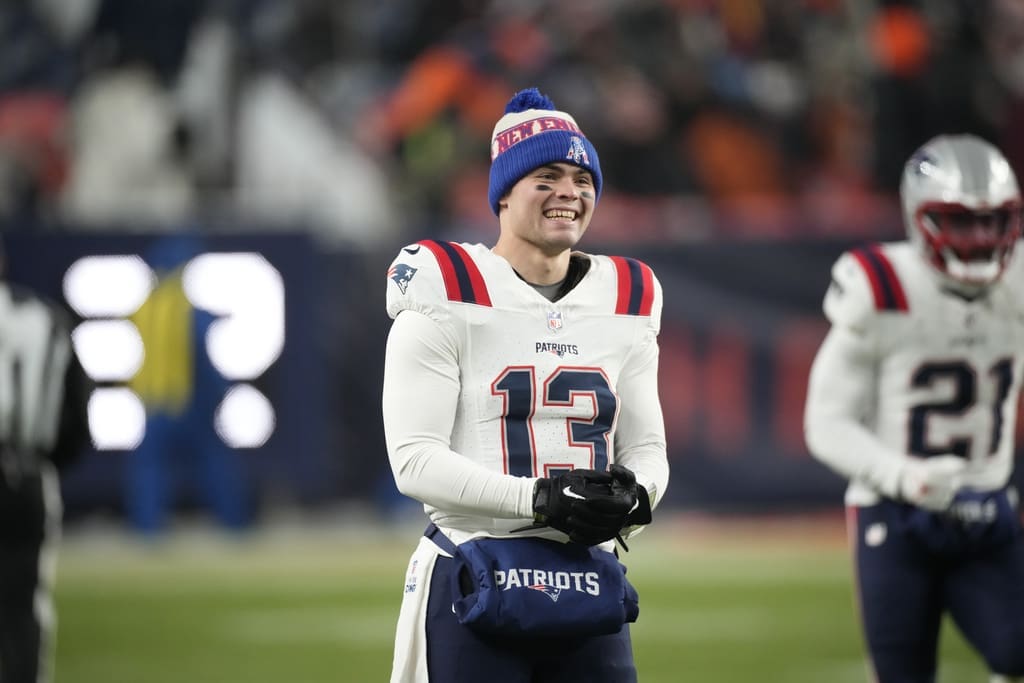Boston Bruins
Top 5 Bruins To Never Win The Stanley Cup With The Bruins: Brad Park
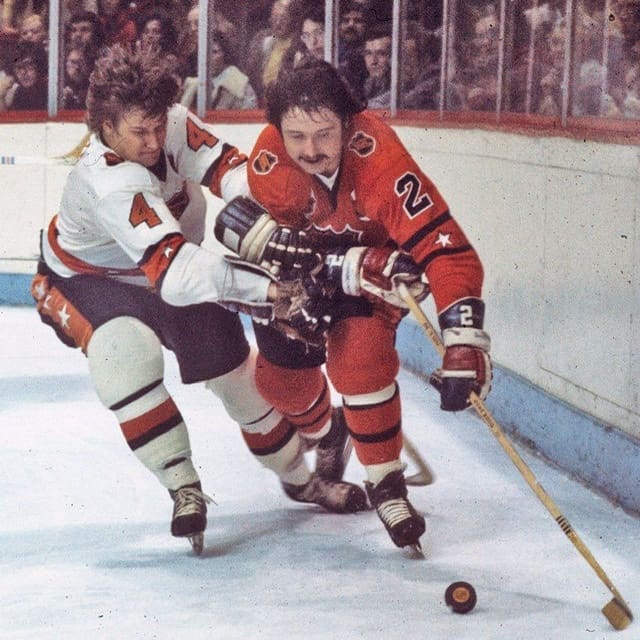
In the first of our Top 5 best Boston Bruins players to not win a Stanley Cup with the Bruins, we got the obvious No.1 out of the way by in Ray Bourque. Now we can begin what will surely be the most disputed choices by ranking 2-5 and starting with hall of fame defenseman Brad Park, who in the opinion of this humble puck scribe is the second-best Bruins player to never win the Cup with the Bruins.
Brad Park
If not for Orr before him and Bourque after, Park may have been the best defenseman to ever lace them up for the Black and Gold. Throughout most of his career, Park was forced to play in the shadow of arguably the greatest player ever in Orr. He was the runner-up for the Norris Trophy six times, four times finishing second to Orr and twice just behind Denis Potvin.
“Probably would’ve been the greatest defenseman of all-time if it wasn’t from one other guy from Boston,” Park’s former teammate with the New York Rangers Ron Greschner said in the tribute video celebrating Park as one of the NHL’s 100 Greatest Players three seasons ago.
After being drafted second overall in the 1966 NHL Entry Draft, Park went on to have a glorious eight years with the Blueshirts. He scored 93 goals and had 283 assists for 378 points in 465 games as a Ranger. He would help lead the Rangers to two Stanley Cup finals but never got to take that lap around Madison Square Garden or any NHL rink with Lord Stanley raised high above.
In one of the biggest blockbuster trades in NHL history, Park Park, along with Jean Ratelle and Joe Zanussi, was traded to the Bruins on November 7, 1975, in exchange for hall of famer Phil Esposito and Carol Vadnais. The Bruins and the Rangers were bitter rivals and during his time with the Rangers, Park became public enemy No.1 with the Bruins players and their fans.
“Now I used to get a police escort to and from the ice in Boston because that’s how much I was hated,” Park recalled in that same video. “One night all of a sudden, this guy in the stands yells: ‘Hey Pahhk! Welcome to Boston!’ and I said, ‘OK. We’re good to go now!”
Park would continue his dominance on the blue line in Boston, helping the Bruins remain a perennial Cup contender. The Bruins made the Final once during Park’s eight seasons with the team, losing to the Montreal Canadiens in the infamous ‘Too-Many-Men-On-The-Ice’ game at the old Montreal Forum. Park scored 100 goals and had 317 assists in 501 games as a Bruin. He continued his All-Star game streak he started with the Rangers and ended up being named an all-star nine straight seasons.
“If Bobby Orr wasn’t born, he’d have won seven Norris Trophies,” Park’s former head coach Don Cherry said.
Former Bruins General Manager Harry Sinden, who orchestrated the trade for Park, concurred.
“Brad Park, was behind Orr, the best defenseman in this league,” said the man who was also the Bruins Head Coach when Orr flew through the air on Mother’s Day 1970 after scoring the overtime winner over the St. Louis Blues in 1970. “We were back in the top elite teams for the next six or seven years that he played here,” Sinden pointed out. “We didn’t win the Stanley Cup but we had some terrific teams.”
Park ended up finishing his career with the Detroit Red Wings after signing as a free agent prior to the 1983-84 season. His career was cut short due to knee injuries after the 1984-85 season. The Toronto, Ontario native was named to the Hockey Hall of Fame in 1988 in his first year of eligibility.
That continued and unanimous view that Park was second only to Orr in both their primes is why despite maybe not registered in all the Bruins’ top ten stats lists, Park is the second-best player on our Top 5 list. There will be valid arguments against Park being ranked this high in the Top 5 but considering how highly respected and valued Park was amongst his peers, coaches and management, it’s tough to have him ranked lower. Besides, Park scored one of the biggest goals in team history! Not many in Boston will argue against this overtime goal in Game 7 of the 1983 Adams Division Final Conference being his greatest moment as a Boston Bruin.




